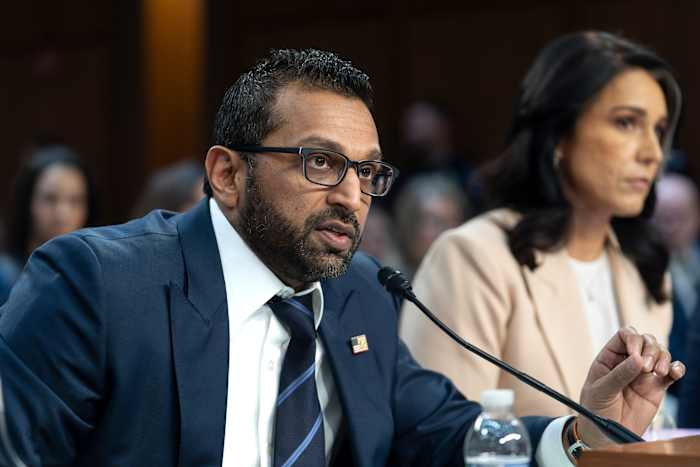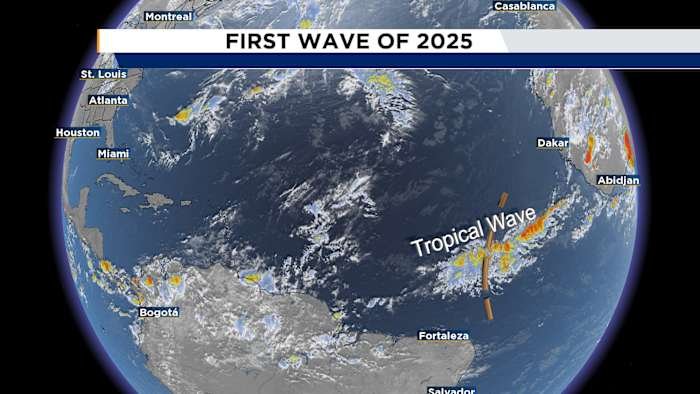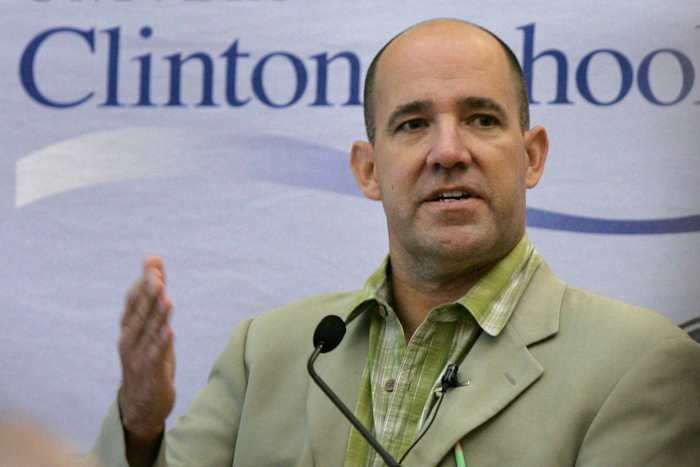Introduction
The recent arrest of a Milwaukee judge, accused of assisting an individual in evading immigration authorities, has stirred national controversy. Democratic Wisconsin Governor Tony Evers has publicly accused the Trump administration of attempting to “undermine our judiciary.” As these developments unfold, their implications are being felt far beyond Wisconsin, sparking conversations in cities across the nation—including right here in Orlando. With our city’s vibrant immigrant communities and a keen interest in both judicial integrity and immigration policy, Orlando residents have a unique stake in understanding how this situation could resonate locally.
Background: The Milwaukee Judge’s Arrest and Governor Evers’ Response
Earlier this week, a Milwaukee judge was taken into custody on allegations of helping a man avoid apprehension by immigration authorities. The details of the case have not only drawn widespread media attention but have also become a flashpoint in ongoing debates about immigration enforcement and the role of the judiciary. Governor Tony Evers swiftly responded, asserting that the Trump administration’s actions represent an effort to “undermine our judiciary.” Evers argues that targeting judges for their decisions sets a dangerous precedent, potentially eroding the independence that is essential for a fair legal system.
While the specifics of the case are still emerging, the incident serves as a reminder of the tensions that exist between federal immigration enforcement and local judicial processes. In a city like Orlando, where our courts often interact with immigrant populations, the balance between upholding federal law and protecting the rights of all residents is especially relevant.
Judicial Independence Under Threat?
Governor Evers’ comments raise a crucial question: Is the independence of the judiciary at risk? The judiciary is meant to operate free from political influence, ensuring that legal decisions are based on law and not external pressure. Critics of the arrest fear that prosecuting judges for courtroom decisions could have a chilling effect, making judges wary of ruling in ways that might later be scrutinized by political figures or federal authorities.
For Orlando, this issue hits close to home. Our local judges routinely oversee cases involving immigrants, refugees, and non-citizens. If judicial independence is compromised elsewhere, it could set a precedent affecting how Orlando’s courts function. Maintaining the trust of our diverse communities depends on ensuring that judges can make impartial decisions without fear of retaliation.
Immigration Enforcement and Local Impact
This case also spotlights the ongoing tension between federal immigration enforcement and local priorities. In many cities, including parts of Central Florida, law enforcement and judicial officials must navigate complex relationships with federal agencies like ICE. The fear among some Orlando residents is that high-profile cases like the one in Milwaukee could lead to more aggressive federal intervention in local affairs, potentially straining relationships between immigrant communities and the justice system.
Orlando is home to a significant immigrant population, and many families are watching this case closely. Concerns about cooperation between local authorities and federal immigration agents are not new—what’s new is the possibility of judges themselves being targeted for their actions. This could discourage local judges from taking steps to ensure fair treatment for all, regardless of immigration status, and may undermine trust in our legal institutions.
Political Ramifications and the 2024 Election
The timing of this controversy is significant, as the nation heads into a heated 2024 election season. Immigration remains a key issue for voters in Florida and across the country. Governor Evers’ accusation that the Trump administration is leveraging this case for political gain resonates with many Democratic leaders, while Republican officials argue that strict enforcement is necessary for national security.
Orlando’s electorate reflects this national divide. Local politicians are already weighing in, with calls for both greater transparency in the judicial process and assurances that immigration laws are enforced fairly. How this issue plays out in the coming months could influence voter sentiment in Central Florida, potentially shaping turnout and election results in the region.
Community Response in Orlando
In the days since the Milwaukee judge’s arrest, Orlando’s community leaders, legal advocates, and immigrant organizations have begun discussing the broader implications. Some groups are organizing forums to educate residents about their rights and the judicial process, while others are calling for increased protections for judges and legal professionals facing political pressure.
For many Orlandoans, the case is more than just a headline from another state—it’s a warning sign about the fragility of judicial independence and the importance of a fair, impartial legal system. As these conversations continue, Orlando’s diverse population will be watching closely to see how the situation develops and what it means for justice in our own city.
Conclusion
The arrest of a Milwaukee judge and the ensuing debate over judicial independence and immigration enforcement are reverberating nationwide. For Orlando, these issues are especially pressing, given our city’s diversity and ongoing conversations about justice and immigration. As leaders and residents grapple with the implications, one thing is clear: the outcome of this controversy could have lasting effects here in Central Florida.
What are your thoughts on the situation? Do you think judicial independence is at risk, or is strict immigration enforcement necessary? We invite you to share your opinions and join the conversation by leaving a comment below.
















